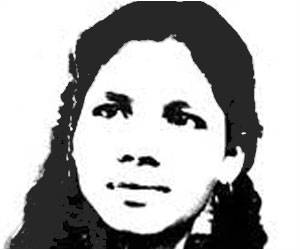Acute shortage of trained nurses is proving to be a major setback to expansion of health services in India, suggested experts in the field of critical care medicine.

‘Large-scale migration of nursing staff to other countries has led to an acute shorted of trained nurses in India. This is proving to be a major setback for expansion of health services in the country.’





Intensive Care Unit (ICU) experts said there was a major gap of 50% where for every two critical patients least one nurse is needed. The experts said, "In the private sector hospitals, the gap was more evident due to poor salaries." Doctor Rajesh Pandey of Delhi said, "Though India produced the largest number of trained nurses, it faced the most acute shortage of paramedics. After training and learning English, the market in the developed world offered much better facilities for them."
"Trained nurses were integral to running critical care units and trauma centers. India will need to address this emerging problem sooner rather than later," the doctors said.
Doctor Tasneem from the UAE said, "Indian nursing staff was any day better and professionally better equipped and, therefore, got the importance they deserved in UAE hospitals. Due to better quality of life, if the nurses had a choice in UAE they would prefer to go to the western countries than return to India."
Over 3,500 delegates from India, the US, Britain, China and Pakistan besides other neighboring countries have come together for the first global summit on critical care medicine being held in Agra from February 3 to 7, 2016.
Advertisement
Source-IANS











